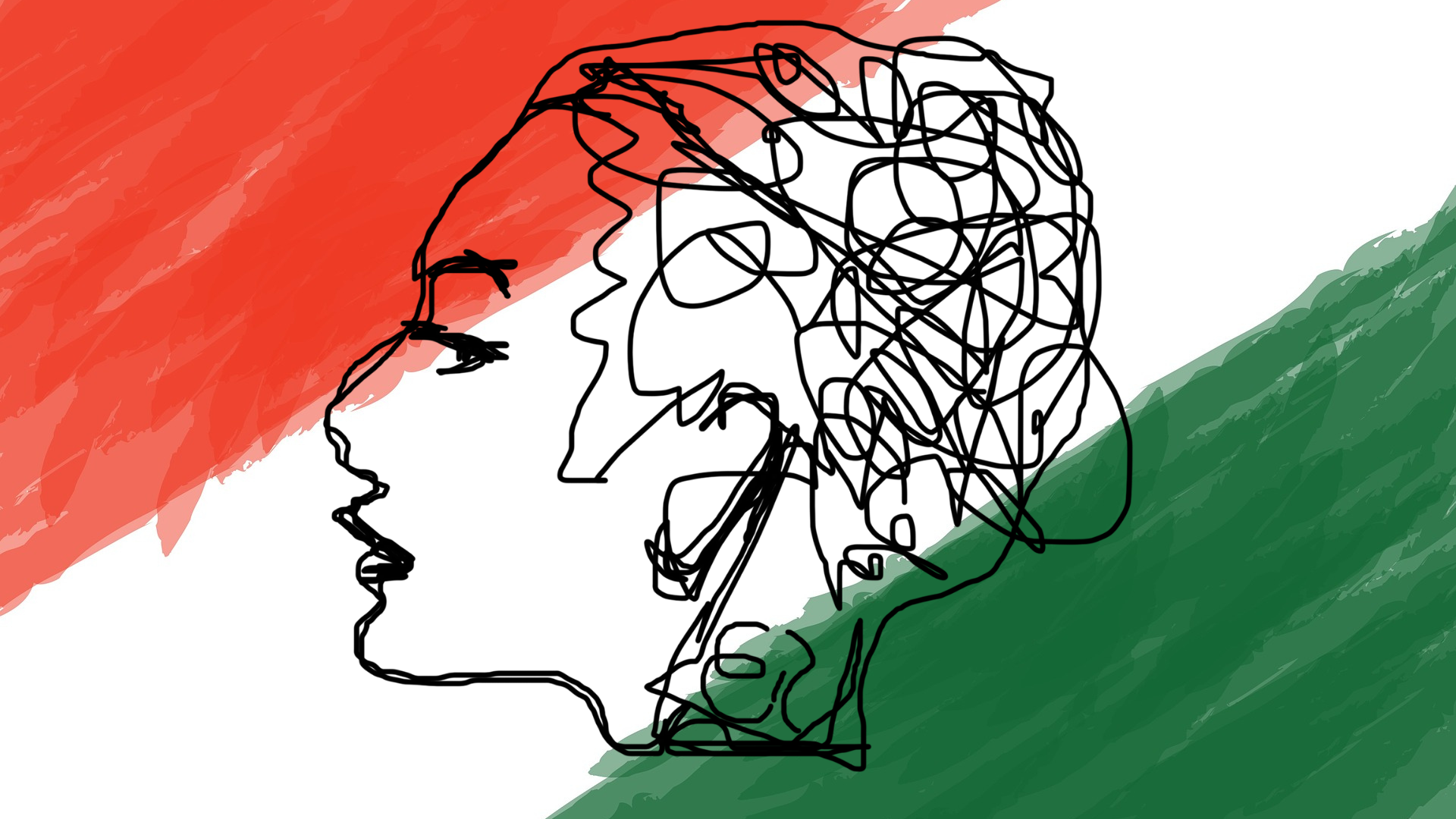During the first few weeks of the national lockdown, I received a call from a friend – a colleague from across the border I often discuss politics with, as I do with most of my friends. She asked, “How does it feel to be an Indian today?”
What is it like to be a young centre-left liberal secular upper-caste Hindu Indian woman today? That is a lot of tags to define me, but I’d argue that they are still not enough. More often than not, amidst everything I do, read, and see, I find myself asking this question – who am I, in terms of my nation today?
What is my nationalism today?
As a girl with bookshelves filled with all shades of polity – from Marx to Ambedkar, Ramachandra Guha to Suhas Palshikar – it is all I’ve grown up with. And The Idea of Justice by Amartya Sen, of course – which is nothing less than a staple Bible in every Bengali household.
From a rather young age, politics is all I have read and discussed with my morning cuppa; politics of struggle, conflict, dissent, freedom and the State. But that, today, poses a peculiar dilemma for me.
Some time early last year, I was going on a vacation with a friend. I carried a book to read on the flight. It was on Islamic political thought. When we reached security check, I emptied my bag and pulled the book out. The officer stared at it, and then at me. After something of a two-second gaze that seemed to be filled with questions, he slowly passed me my belongings and I walked away.
My friend, concerned with what had now become a recurring phenomena with me, whispered, “Oh god, can you stop traveling with such books? Stop calling for trouble.”
And here I am today. Wondering about the trouble I am more and more with every passing day. Compelled to realise that it is my polity that may be the source of most of this trouble. Or at least the display of that polity. The display of my ideology and faith to the nation. The display of my nationalism.
Also read: Do We Know What Patriotism Really Stands For?
But what is the appropriate display of my nationalism today? Is standing up for the national anthem an indication of my love for the country? Or does banging utensils and lighting lamps on my balcony while millions of people have no resources to survive during a nationwide lockdown? Is not saying a word against the 28-year-awaited Babri Masjid verdict my nationalism, or is it not wondering about whatever is happening with the state of Kashmir today? Is not protesting laws against the constitutionality of India my nationalism, or is it just scrolling down news apathetically as there is yet another arrest of a dissenting voice? Or at the very least, does not putting all these opinions on my social media handles show my dedication to my country?
What is my nationalism?
I, with all the political tags attached to me, refuse to believe that my conformity to all the above things is the sole matrix of my nationalism. I fail to understand how my love for my country is indeed my silence today. My nation has always been much more than the political party on its throne. And so has my nationalism.
So, to answer the question of my friend all these months later, I am an Indian who is deeply concerned. I am a centre-left youth who is increasingly outraged with the ruthless curbing of the leading youth voices in our country; a secular who is petrified to see the kind of systematic breakdown of the basic fundamental principles the nation was formed upon; an upper-caste who is ashamed every day to still see the community’s silence and a defence of the privilege it entails; a woman who is becoming more and more numb with every passing day.
I am all of it, and still just as much of a ‘nationalist’ as you.
And yet, every day, when I wake up in the morning and get to work in the capital city, my friends turn to me and laughingly say “Bas, arrest mat ho jana (Just don’t get arrested).”
Oishika Neogi is a Research Fellow at Karwan-e-Mohabbat (Centre for Equity Studies, Delhi), and shall be pursuing her Masters’ in Conflict and Security Studies at The New School (New York) beginning later 2021.
Featured image credit: Murthy SN/Pixabay and ElisaRiva/Pixabay

